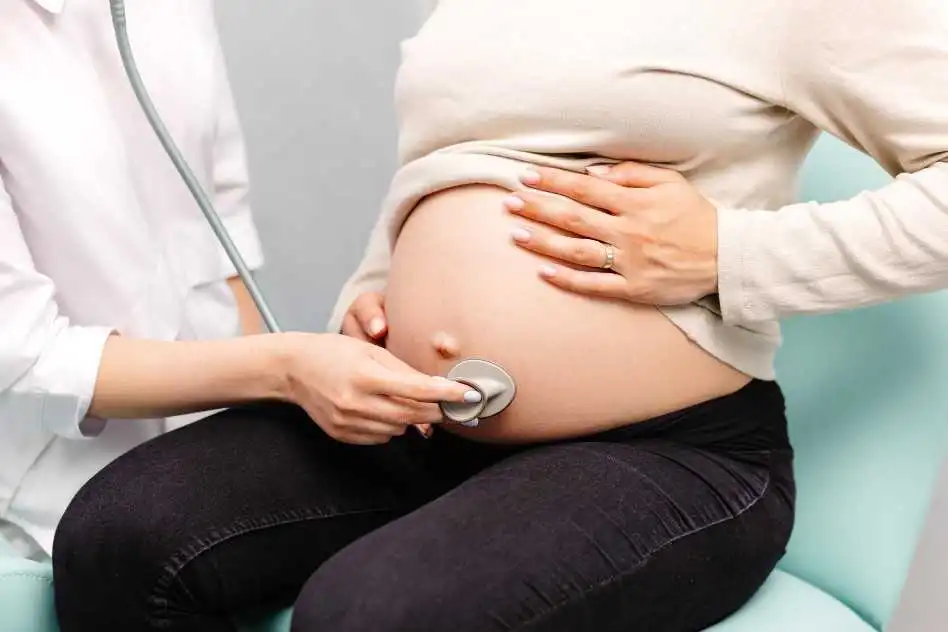Undergoing weight-loss surgery, or bariatric surgery, is a significant decision for many individuals seeking to manage obesity and improve their overall health. However, for women who are planning to conceive after bariatric surgery, there are several important factors to consider. While weight-loss surgery can reduce pregnancy complications related to obesity, it introduces specific challenges for both maternal and fetal health. It’s essential to approach pregnancy after such surgery with proper planning and medical guidance.
Timing Your Pregnancy After Surgery
One of the most important considerations is timing. Health experts typically recommend waiting 12 to 18 months after weight-loss surgery before attempting pregnancy. This allows the body to adjust to its new weight and nutritional needs. During this period, weight loss generally stabilizes, reducing the risk of rapid weight loss or nutrient malabsorption that could harm the mother or the developing baby. Conceiving too soon after surgery may increase the risk of nutritional deficiencies, which can negatively impact pregnancy and fetal development.
Nutritional Needs During Pregnancy
Pregnancy after bariatric surgery requires special attention to nutrition. Women who undergo procedures like gastric bypass or sleeve gastrectomy may face challenges in absorbing essential nutrients such as iron, calcium, vitamin B12, folate, and protein. Deficiencies in these nutrients can lead to anemia, bone weakness, birth defects, and low birth weight. Therefore, it is important to monitor nutrient levels regularly and follow the healthcare provider’s advice on supplements to avoid potential complications.
Potential Pregnancy Complications
While bariatric surgery can help reduce obesity-related pregnancy risks such as gestational diabetes, high blood pressure, and preeclampsia, there are still some increased risks associated with pregnancy after weight-loss surgery. These include a higher likelihood of preterm birth and babies born smaller than expected for their gestational age. To minimize these risks, close monitoring by both an obstetrician and a bariatric specialist is essential. Early detection of any issues can help manage complications effectively.
Preconception Counseling: A Vital Step
Before attempting pregnancy, women who have had bariatric surgery should seek preconception counseling. This counseling allows the healthcare team to assess nutritional status, discuss any medication changes, and determine the best time for conception. Ensuring that the mother is in optimal health before pregnancy can reduce risks for both her and the baby. A well-balanced diet, tailored nutrient supplements, and a plan for maintaining a healthy weight are key components of preconception care.
Ongoing Care and Monitoring During Pregnancy
After becoming pregnant, regular follow-up appointments are crucial for managing health and nutrition. Pregnancy after bariatric surgery requires careful monitoring of weight gain, nutrient intake, and overall well-being. Ongoing coordination between obstetric and bariatric specialists is essential to address all aspects of the mother’s health. These checkups ensure that the pregnancy progresses safely and that any complications are identified and managed early.
Pregnancy after bariatric surgery can be a healthy and successful experience with the right preparation and medical oversight. Proper nutrition, careful planning, and close monitoring are necessary to ensure the best outcomes for both the mother and the baby.
Conclusion
Always consult with your doctor or a healthcare professional before making significant dietary changes for pregnancy after weight-loss surgery. They can provide personalized guidance based on your medical history and current health status.
Note: If you have any health-related concerns, please call us at +91-9058577992 to receive a free consultation from our experienced doctors. Thank you.

